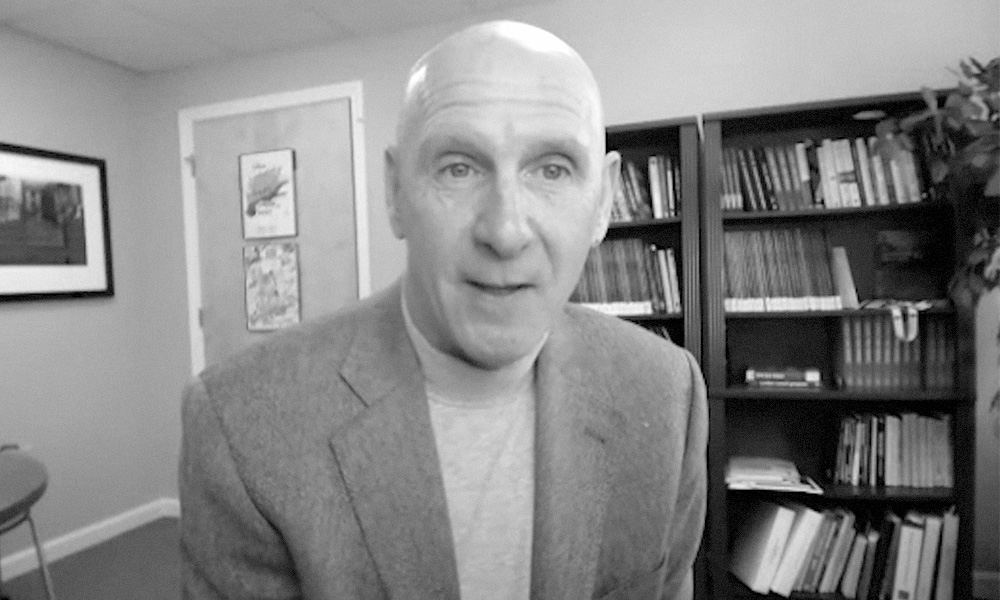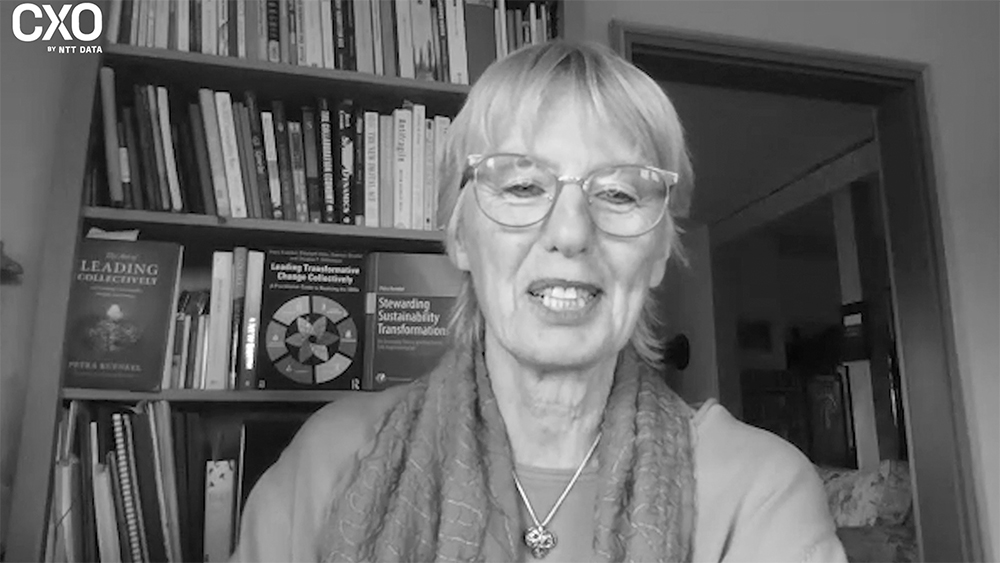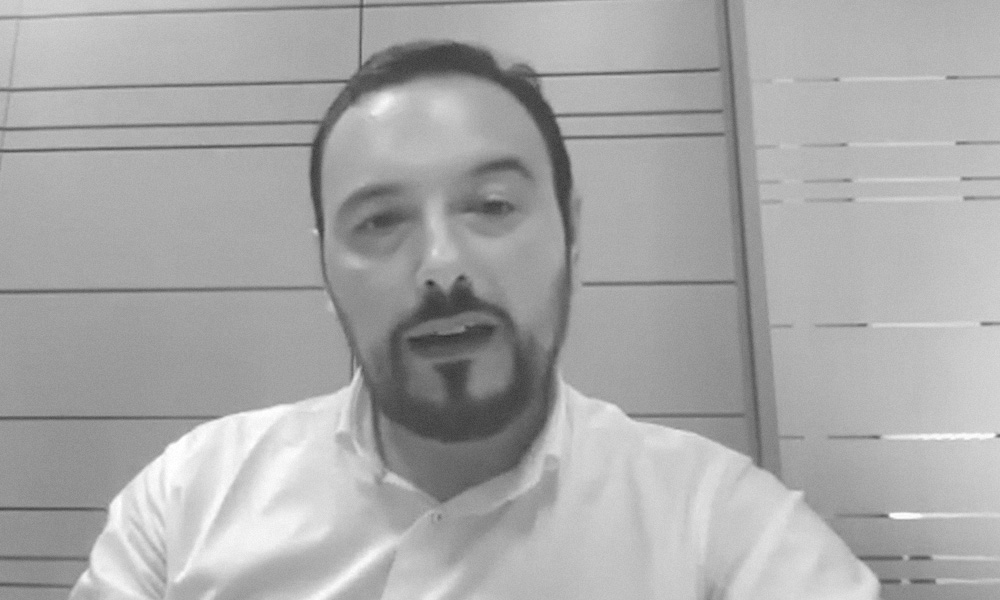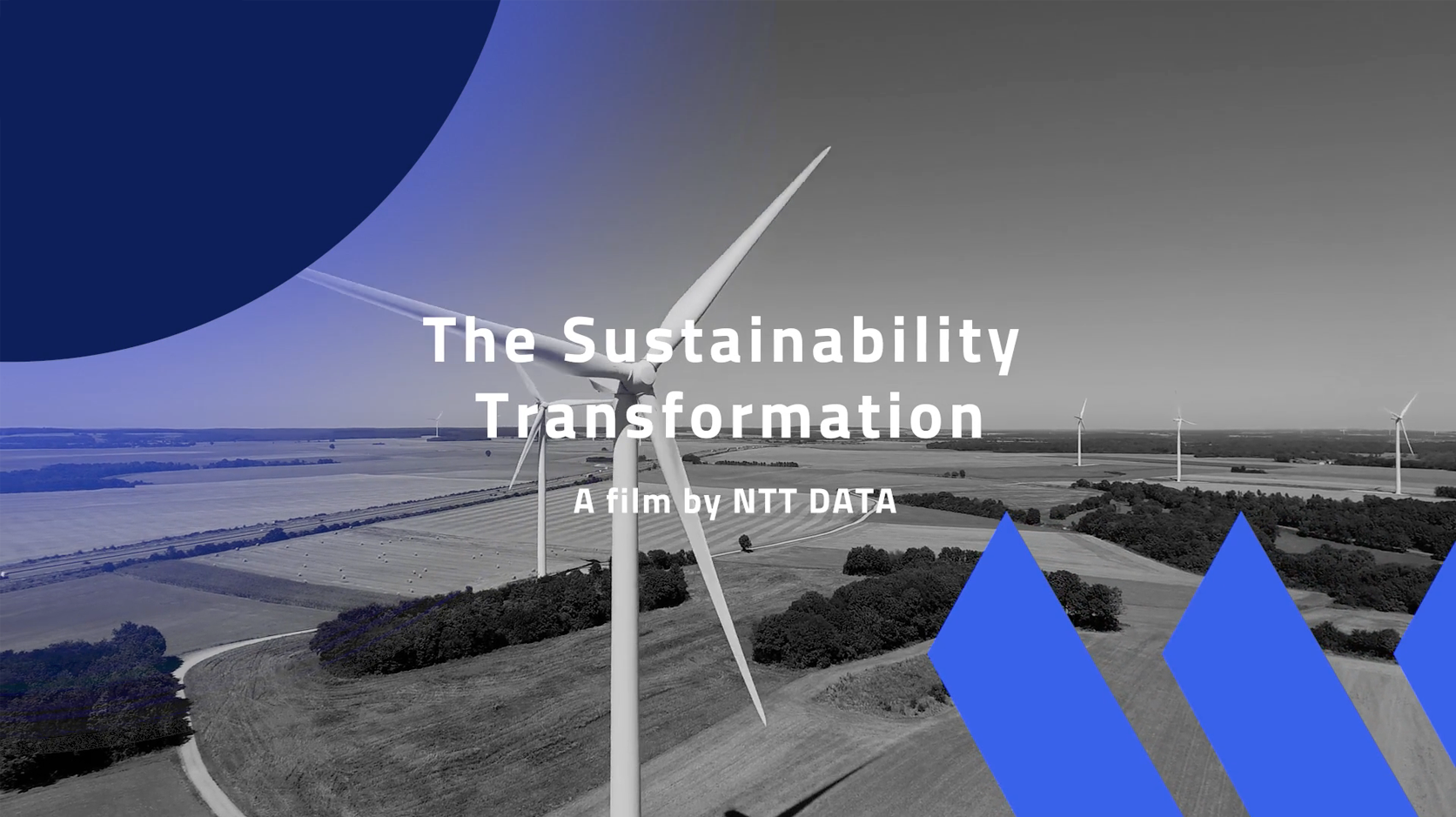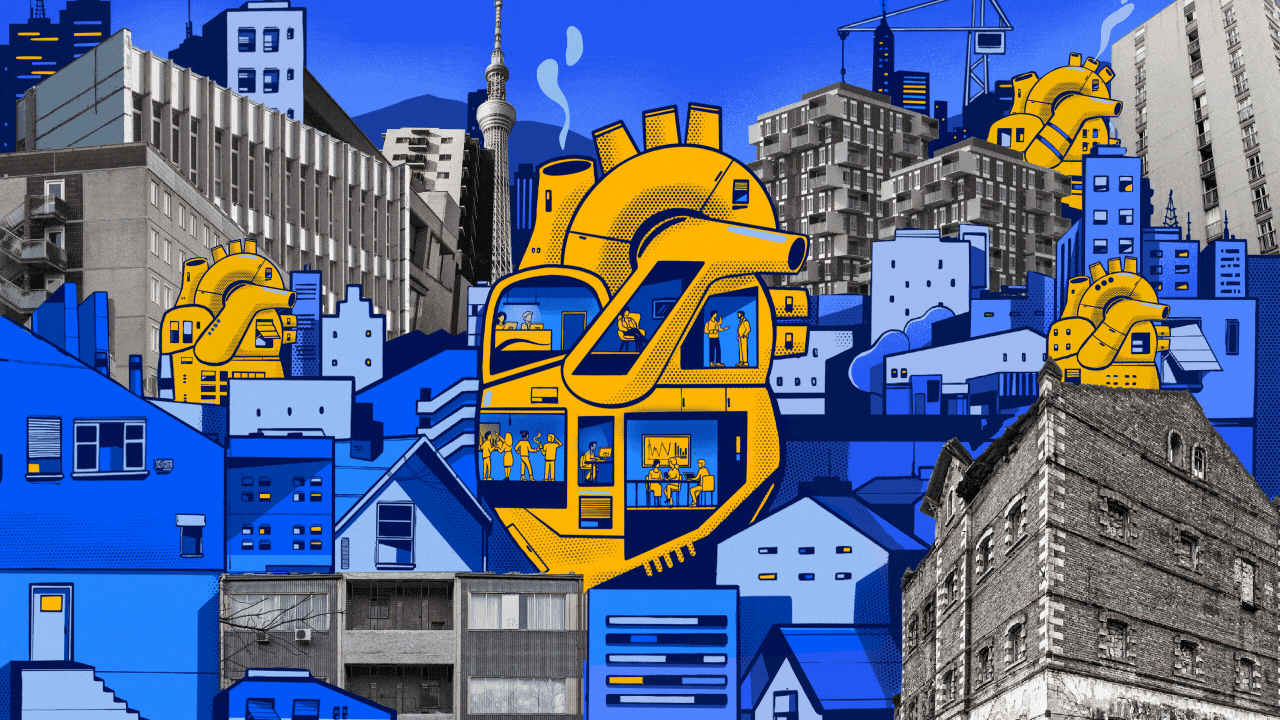
Unsplash/ Bernard Hermant
In 2000, Unilever acquired the ice-cream company Ben & Jerry’s. Known for its social mission and holistic approach to business responsibility, its stakeholders criticized the move, saying that Ben Cohen and Jerry Greenfield ‘sold out’. Unilever, a multinational consumer goods company with dozens of brands, was not conceived of as a good company by many of Ben & Jerry’s followers.
However, in 2009 Paul Polman became Unilever’s CEO and changed the business for good. He led its Sustainable Living Plan, became an influential actor in the UN Global Compact, and used the company’s power to help design and achieve the Sustainable Development Goals (SDGs). Employee engagement increased, consumers became part of the transformation, and its share prices nearly doubled under his leadership. Nonetheless, Polman always said that quarterly reports could not achieve the world that we want. We need a long-term vision for business to become a force for good.
Why CSR became essential
The last decade witnessed a global shift in the business mindset. If in the 1970s it was believed, as Milton Friedman asserted, that ‘the only social responsibility of a business is to its shareholders’, the 1980s and 1990s saw the rise of corporate social responsibility (CSR). Still, it was perceived narrowly as a marketing and sales strategy, focusing on philanthropy and cause-related marketing. This approach led to unethical shortcuts and greenwashing.
It was as if many companies and business leaders missed the true meaning of the word ‘responsibility’ in CSR. Distracting everyone with some dollars for charity, companies continued to trash the planet.
When CSR is only implemented for financial gains, it can be done superficially. It was dangerous, with companies like Enron having CSR reports and not much action to support it. It was as if many companies and business leaders missed the true meaning of the word ‘responsibility’ in CSR. Distracting everyone with some dollars for charity, companies continued to trash the planet, increase modern slavery and devastate local communities.
It is only in the last decade that we truly see a movement towards a more holistic approach to the role of business in society. In 2019, the Business Roundtable released the Purpose of a Corporation, which affirmed a shift in its nearly-200 member CEOs’ commitment to a broader set of stakeholders. Companies began to apprehend that CSR is not a sideshow, a nice-to-have aspect of the business; but at the core of the business, embedded in every part of its value chain.
In my book, Strategic Corporate Social Responsibility, I define it as ‘a holistic and long-term approach to the broad responsibilities of business, based on stakeholder integration and ethical behavior, while utilizing the firm’s resources and brand to address societal and environmental issues.’ It incorporates every part of what I see as ‘responsibility’ – a holistic approach, long-term thinking and ethical behavior.
Seeking our purpose
However, we now need to take it one step further and move to the next level of purpose. Purpose is the reason for which something was designed. If you look around you, every object in the room was created for a reason. When objects can no longer serve their purpose, we deem them ‘broken’ and terminate them. Yet, the purpose of a person or a company is more complex. As humans, we are not created for a specific purpose, and we need to seek it.
In my upcoming book, Meaningfulness, I assert that we find purpose by tying our talents and skills with our passion and joy to generate a positive impact around us. A lawyer passionate about domestic violence can use her talent to work pro-bono for abuse survivors. A yoga teacher who cares deeply about refugees opens a free yoga center to help these communities. When we use who we are and what we know to serve others and help, we create a sense of purposefulness and meaningfulness in our lives. This, in turn, can lead to higher levels of happiness, health, connectedness and impact.
It is not too dissimilar to the organizational-level process of a purpose-led company. While some companies like Ben & Jerry’s were created with a vital social purpose, others, including Unilever, ascertained it later. Patagonia was founded by environmentalist Yvon Chouinard to demonstrate how businesses can sell products while still aiming to save the planet.
Companies establish their purpose by connecting who they are and what they know to the impact that they can create.
Companies establish their purpose by connecting who they are and what they know to the impact that they can create. Some, like Starbucks, realize that they have an immense opportunity to make a difference simply by deciding on a more inclusive hiring policy. Others change their mission statement and approach to harness their power, resources and talent to make a difference in society.
When LEGO decided to be a champion for gender equality, it changed some of its products and ads to push this agenda. Airbnb used its campaign to promote LGBTQ+ rights and social acceptance. Google leverages its vast amount of renewable energy to help one billion people live more sustainably. It is also done through small actions, such as adding the carbon emissions on Google Flights. A positive organizational purpose is most powerful when tied to the impact the company makes by harnessing all its resources.
When companies decide to walk the talk and lead with purpose, there is no limit to what can be achieved. It is no longer about giving money to charity to patch over negative actions elsewhere. Donating a dollar from each garment made using modern slavery and child labor is no longer acceptable.
Taking a holistic approach, mending the value and supply chains first, and utilizing the power of business as a force for good is the only way forward. We can achieve the SDGs, such as no poverty and zero hunger, by 2030 if all the multinational companies pay people liveable wages everywhere. It takes a solid purpose, goodwill and responsibility. Purpose-driven organizations are more comfortable with social, political, and climate activism because they are seen as companies who care.
The rewards of a purpose-driven life
When people live a purpose-driven life, they reap the positive outcomes mentioned above. When companies do this, their employees are more engaged and committed, centered around a solid value congruence and purpose alignment. It provides workers with a sense of meaningfulness which can have a ‘spillover’ effect on their lives.
One of my studies showed that 95% of business students would sacrifice some of their future salary to work for an employer who cares for all stakeholders. Pay them well too, and you win the war for talent.
This is particularly important in the face of what is now called ‘The Great Resignation’. Young employees seek to work in purpose-driven companies. One of my studies showed that 95% of business students would sacrifice some of their future salary to work for an employer who cares for all stakeholders. Nearly one in five were willing to forgo more than 40%. Pay them well too, and you win the war for talent.
When companies walk the talk and truly live by their purpose, they also generate trust among employees, consumers and stakeholders. Trustworthiness is such an important currency in today’s world, and although not many companies are trusted on their ethical behavior, this can change with a new discourse, ethos and action.
People desire to find their purpose, live a more purposeful life, and work with and for purpose-driven companies. Business leaders will do well by reimagining the power of business to do good in the world, (re)define their ‘why’ and work with others to not only increase shareholder value, but societal value too. It is the only way forward.

